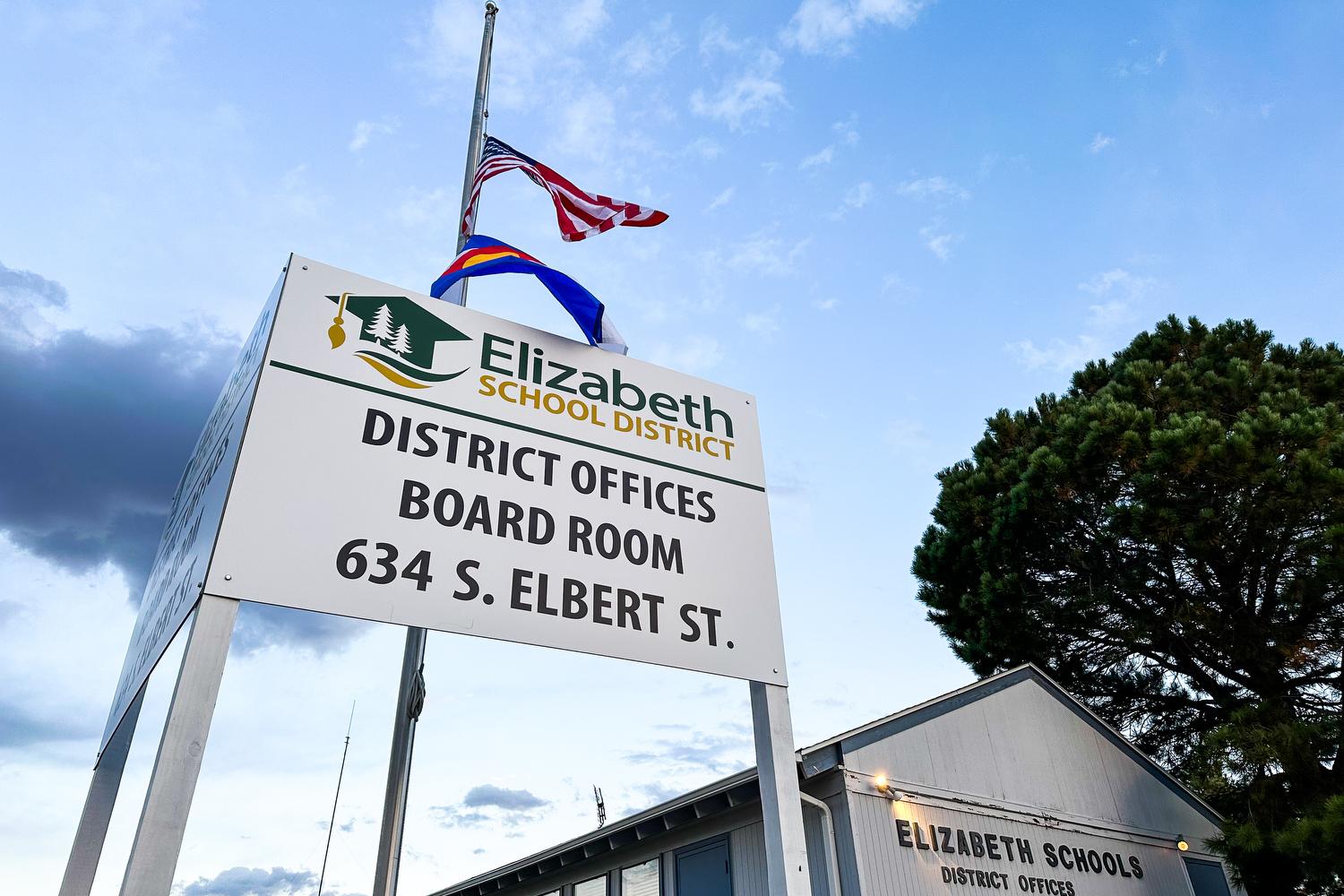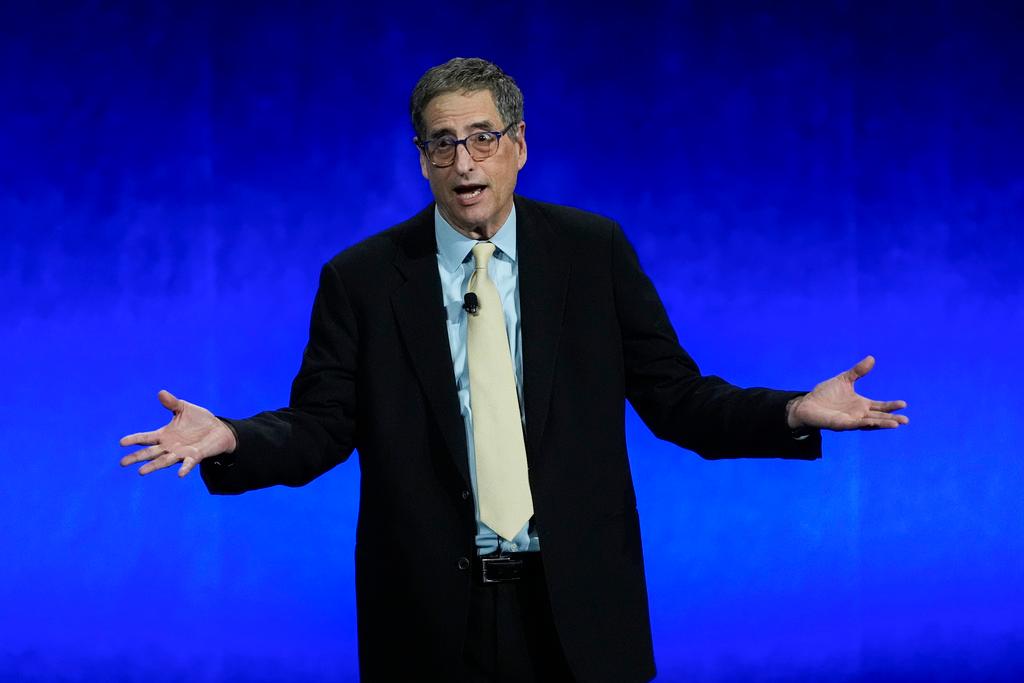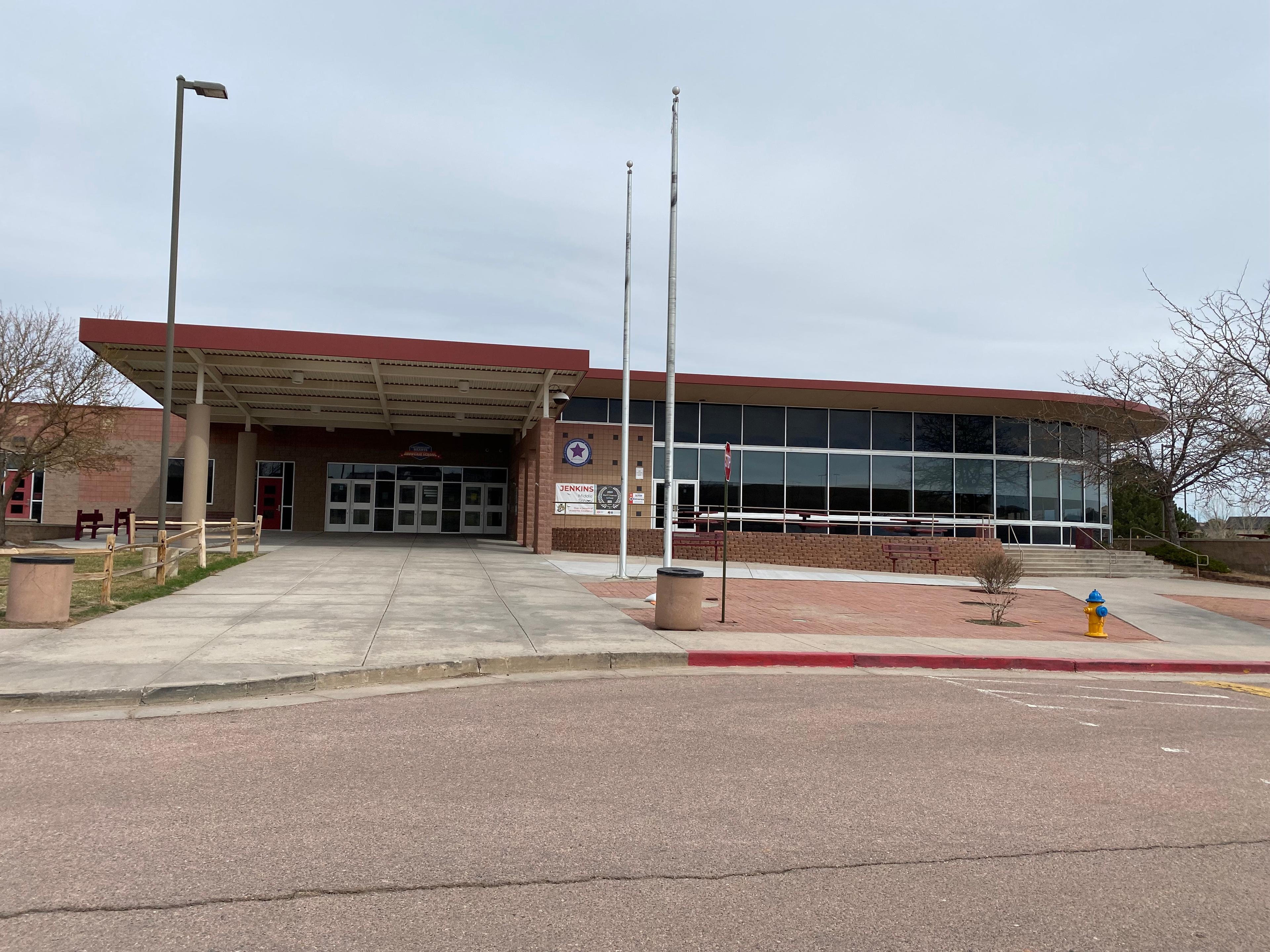Originally published on December 6, 2019 3:00 pm
The federal government is now taking comments on alternatives to a project in western Colorado notorious for causing earthquakes.
The Bureau of Reclamation is looking for replacements for the Paradox Valley Unit, located in a remote part of western Colorado’s Montrose County. The agency released a draft environmental impact statement for those replacements Friday.
The project intercepts briny groundwater before it can seep into the Dolores River, and injects it deep underground, where it can lubricate fault lines. The project is meant to control salinity levels in the Dolores River, which is a tributary to the Colorado River. Elevated salt levels degrade water quality and increase costs to treat the river’s water.
The most recent quake in March of this year was large enough to cause the facility to shut down. Since then, Paradox Valley has experienced more than 30 smaller earthquakes, likely caused by lingering pressure created by the facility’s operations.
The federal government is asking for public comments on four alternatives to the existing well, which the Bureau of Reclamation says has reached the end of its usable life.
Those alternatives are:
- Do nothing, cap the old well, and discontinue salinity control in Paradox Valley.
- Drill a new injection well in a different geologic formation with a decreased chance of seismicity.
- Build a network of evaporation ponds in Paradox Valley, where water would evaporate and the remaining salt would be collected for either landfill disposal or sold as a commodity.
- Build a facility that uses Zero-Liquid Discharge Technology, which would treat the brine using thermal crystallizers. The facility would be operated to evaporate and recondense water from the brine, and would leave behind salts and a freshwater stream. The salt would then be stored in a 60-acre landfill on site.
The comment period on the draft proposal closes Feb. 4, 2020.
This story is part of a project covering the Colorado River, produced by KUNC and supported through a Walton Family Foundation grant. KUNC is solely responsible for its editorial content.
Copyright 2019 KUNC. To see more, visit KUNC.








